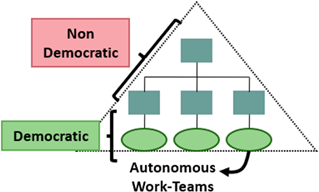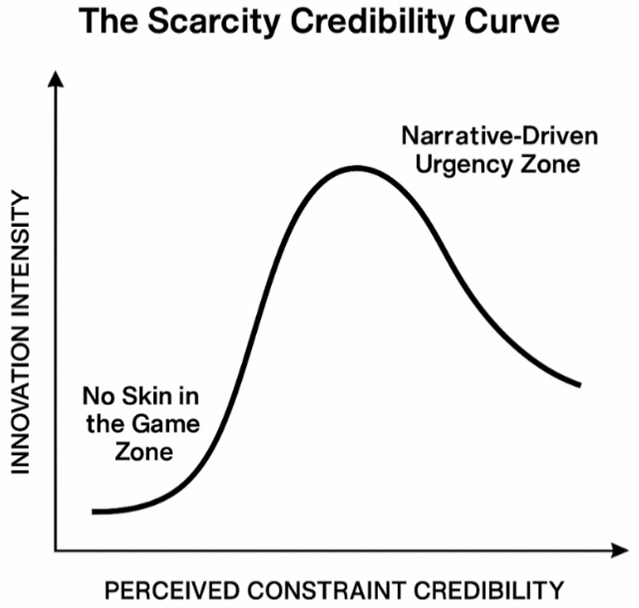
Asia Pacific Academy of Science Pte. Ltd. (APACSCI) specializes in international journal publishing. APACSCI adopts the open access publishing model and provides an important communication bridge for academic groups whose interest fields include engineering, technology, medicine, computer, mathematics, agriculture and forestry, and environment.


Issue release: 31 March 2026
The rise of the digital economy has reshaped the entrepreneurial landscape, offering new opportunities for university students to engage in innovative ventures. However, despite increased digital exposure, the rate of active digital entrepreneurial engagement among students remains suboptimal, particularly in developing contexts. This study aims to identify and model the key determinants of digital entrepreneurship among university students in Iran. Drawing upon extant literature and expert input, a multi-dimensional conceptual framework was developed, comprising individual factors (e.g., achievement orientation, creativity, risk-taking), institutional factors (e.g., curriculum, faculty, leadership), and environmental factors (e.g., government support, ICT infrastructure). A three-stage mixed-method approach was employed. Initially, 26 indicators were identified through literature review and expert consultation. Subsequently, these were refined to 14 key indicators via a pilot survey of 120 students. Finally, a structural equation model was tested using Smart-PLS on data collected from 387 students at the University of Guilan. The validated model confirms the multidimensional nature of digital entrepreneurship, revealing that institutional and environmental factors significantly amplify individual entrepreneurial traits. Unlike prior studies with narrower scopes, this research offers a holistic strategy framework. The findings provide actionable insights for policymakers and educational leaders to foster digital entrepreneurship through coordinated interventions at personal, university, and policy levels.
Issue release: 31 March 2026
This study investigates the intricate relationship between pivotal economic indicators and employment outcomes across various quantiles of the employment distribution within G7 nations, with the objective of elucidating the heterogeneous impacts of these factors on employment. Employing quantile regression analysis, the research assesses the effects of GDP growth, Foreign Direct Investment (FDI), inflation, interest rates, Research and Development (R&D), and trade on employment at distinct quantiles (0.05, 0.25, 0.50, 0.75, and 0.90) of the employment spectrum. This methodological approach allows for a deeper understanding of how these economic determinants exert differential influences across both high-wage and low-wage sectors. The findings reveal that GDP, FDI, and R&D significantly stimulate job creation, especially within high-employment sectors, whereas the effects of inflation and interest rates are more nuanced, benefiting low-employment sectors in some instances but adversely impacting high-employment sectors due to rising costs and reduced investment. Unemployment consistently diminishes job opportunities across all employment quantiles, with its most pronounced effects felt in low-employment sectors. This study makes a novel contribution to the existing literature by utilizing quantile regression to provide a more granular understanding of how economic variables influence labor market outcomes across diverse segments. It underscores the necessity for targeted economic policies designed to address the specific needs of both high- and low-employment sectors, offering critical insights for policymakers aiming to cultivate inclusive and resilient labor markets.
Issue release: 31 March 2026
Amidst the rise of Web3, a technology transforming user interactions and challenging corporate control, this study uses a hybrid model of appreciative inquiry that matches the remote and decentralized nature of Web3 communities, to investigate the formation of a blockchain startup and its emergent culture and values. Despite limited resources, the company has built a diverse, global community via digital platforms, exceeding stakeholder expectations. This appreciative inquiry uncovers a community manifesting five core values: excellence, sustainable innovation, inclusivity, continuous learning, and creativity, challenging stereotypes often associated with the Web3 industry. This work advances participative research by introducing a hybrid model of appreciative inquiry tailored for remote and decentralized Web3 communities. By adapting appreciative inquiry to the unique dynamics of blockchain-dependent organizations, this study extends the methodology’s applicability and demonstrates its effectiveness in uncovering and fostering core communal values within cutting-edge technological contexts.

Macau University of Science and Technology, Macau


 Open Access
Open Access


.jpg)
.jpg)
